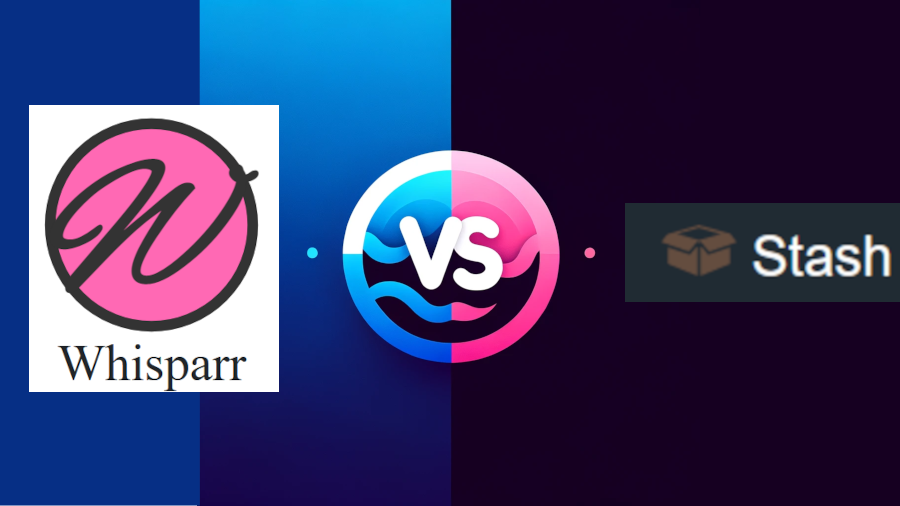Explore the less-trodden paths of the internet with our journey into newsgroups, where you’ll find a realm beyond the sheen of social media, blending anonymity with collective wisdom.
Discover with us why these digital forums continue to be vital for specialized, in-depth discussions in today’s fast-paced, social media-dominated world.
Key Takeaways
- Newsgroups are online discussions about specific subjects that are distributed through Usenet.
- Usenet is a global network of news discussion groups that was created in the 1980s.
- Users need a Usenet client to access and participate in newsgroups.
- Posting messages in a newsgroup involves sending them to a server, which then propagates them to other servers worldwide.
What is a newsgroup?
Newsgroups are online platforms for sharing diverse information and opinions, reminiscent of the internet’s early community-focused days. They thrive on respectful and responsible participation, offering a wealth of knowledge across various topics.
Usenet software operates on the Network News Transfer Protocol, commonly known as NNTP. To reap the benefits of newsgroups, participants dive into a sea of topics, from tech to teapots, all while navigating the waters of newsgroup etiquette.
To access newsgroups, use a newsreader with a valid Usenet subscription. In essence, newsgroups can be a goldmine for knowledge seekers who play by the communal rules. Initially not for binary files, like alt binaries, Usenet evolved to primarily handle them using special encoding protocols to prevent data loss.

Usenet and NNTP Explained
Building on the foundation of newsgroup basics, let’s dive into the technical backbone of these discussions.
Understanding the history and evolution of Usenet
Born in the ’80s, Usenet was a beacon for knowledge exchange among the academic elite. Over time, it morphed into a global discussion haven, with a vibe of untamed digital frontier.Exploring the role of NNTP in newsgroup communication
The NNTP-protocol is the maestro of message distribution, orchestrating the symphony of servers. It keeps the conversation flowing, without a central server calling the shots.- NNTP, or Network News Transfer Protocol, connects Usenet servers to transfer newsgroup articles and maintain the Usenet network. It enables UN newsreaders to browse and view articles on these servers. Easynews recently introduced their NNTP service.
In this realm, freedom reigns supreme. Ideas flit across boundaries, unhindered. It’s where the NNTP ensures your voice is heard far and wide, without fuss or muss.
Accessing Newsgroups
To access the wealth of discussions within newsgroups, users must first connect to a Usenet server using a specialized program. These Usenet interfaces are your gateway to the convo, acting like a backstage pass to the endless chatter on any topic you fancy. Think Thunderbird or Unison – they’re your go-to tools for diving into the discussion deep end.
But hey, let’s not forget about Usenet security, right? It’s crucial to keep things tight and secure when you’re swimming in these waters. Secure servers, encrypted connections – they’re not just buzzwords, they’re your armor in the wild world of Usenet.
- Connect to a Usenet server using a specialized program (e.g., Thunderbird, Unison).
- Usenet clients provide access to a wide range of discussions.
- Ensure secure browsing with encrypted connections and secure servers.
Reading newsgroups
A newsgroup is a discussion about specific subjects. Usenet contains thousands of newsgroups. You can read newsgroups using a modern binary image viewer, but you can also do it the old school way:
- Reading newsgroups online: To access Usenet newsgroups online, one of the most reliable methods is via Google. Simply navigate to Google Groups at http://groups.google.com/. This platform allows you to read, search through recent and archived postings, and also post/send new messages.
- Reading newsgroups in e-mail: Using Google Groups, you can get newsgroup posts directly in your email. For guidance, refer to the Google Groups help section.
Newsgroup categories
Newsgroups are also categorized. Here are some newsgroup categories (newsgroup hierarchies)

Posting and Propagation
Placing a message in a Usenet newsgroup propagates it across global servers, organizing it into threads for coherent discussions.
- Posting to a Usenet newsgroup sends the message to the connected server.
- The server propagates the message across the Usenet network.
- Messages are stored globally, accessible to all users.
- Usenet organizes messages in threaded format for coherent discussions.
- Initial posts form the “root” of a thread, with replies creating branches.
When you post a message to a newsgroup, it embarks on a digital journey, being replicated across various UN servers globally through a process called propagation. This mechanism ensures your musings reach fellow enthusiasts far and wide, maintaining the spirited interaction that newsgroups are known for.
Here’s the skinny on keeping it cool and managing your digital hangouts:
Newsgroup Etiquette
Stick to the topic, be polite, and avoid spamming. It’s a community, not a billboard.
Quote wisely. Snippets help, walls of text don’t.
Managing Newsgroup Subscriptions
Dive into settings, filter the noise, and follow what feeds your freedom.
Unsubscribe with ease. No digital handcuffs here, just pure, unadulterated choice.
Organizing Discussion Threads
In the realm of newsgroups, effectively organizing discussion-threads is crucial for maintaining a clear and focused dialogue. Thread-management is the bedrock of conversation organization, ensuring that users can freely follow and contribute to topics of interest without getting lost in a maze of messages.
Here’s a quick rundown on how conversations can be kept tidy:
| Feature | Benefit | Example |
|---|---|---|
| Threading-structure | Groups related messages | Replies nest under initial-post |
| Subject Line | Guides the conversation | “Re: [Original Topic] Follow-up Question” |
| Moderation | Filters out noise | Off-topic-posts removed by moderator |
| Search Function | Finds specific discussions | Keyword search locates relevant conversations |
Keep it simple, keep it free-flowing, but also keep it organized—because nobody likes a messy conversation, right?
Addressing Common Challenges
While organized conversations are the backbone of newsgroup discussions, addressing the common challenges that arise within these forums is equally important for a healthy communication environment. To keep the vibe chill and the talk flowing, here’s the real deal on dodging the common snags:
Filtering Techniques
Smart Algorithms: Zap that spam before it kills the buzz.
User Empowerment: Give peeps the tools to flag the junk.
Preventing Spam
Verification Systems: Make sure it’s a real person, not a bot, throwing in their two cents.
Community Moderation: Let the tribe decide what’s cool and what’s not.
Frequently Asked Questions
How Do I Determine Which Usenet Provider Is the Best Match for My Needs and Interests?
Knowledge is power; choose a Usenet provider through meticulous provider comparison, ensuring interest alignment for unfettered access to the discussions that resonate with your quest for information.
Are There Any Legal Concerns or Risks Associated With Participating in Certain Newsgroups?
Participating in newsgroups may present legal issues, including privacy concerns. There are moderation challenges in managing content, which if not addressed, can result in exposure to risky or illegal material.
How Can I Create My Own Newsgroup, what are steps for recognition within the Usenet hierarchy?
To create a newsgroup, draft a proposal considering newsgroup etiquette, then configure server maintenance. Submit your proposal to a Usenet hierarchy for recognition, adhering to the community’s standards for a free and open swap of ideas.
What Is the Historical Significance of Notable Newsgroups, and How Have They Influenced Internet Culture?
Pioneering digital democracy, notable newsgroups have become cultural archives, significantly shaping internet culture by fostering open discourse and preserving dialogues that chronicle the evolution of online communities and freedom of information.
How Can I Effectively Search for and Track Conversations About Specific Topics Across Multiple Newsgroups?
To effectively search for specific topics in newsgroups, utilize advanced searching techniques and adhere to newsgroup etiquette. This approach ensures efficient tracking of conversations while respecting the community’s values and norms.




